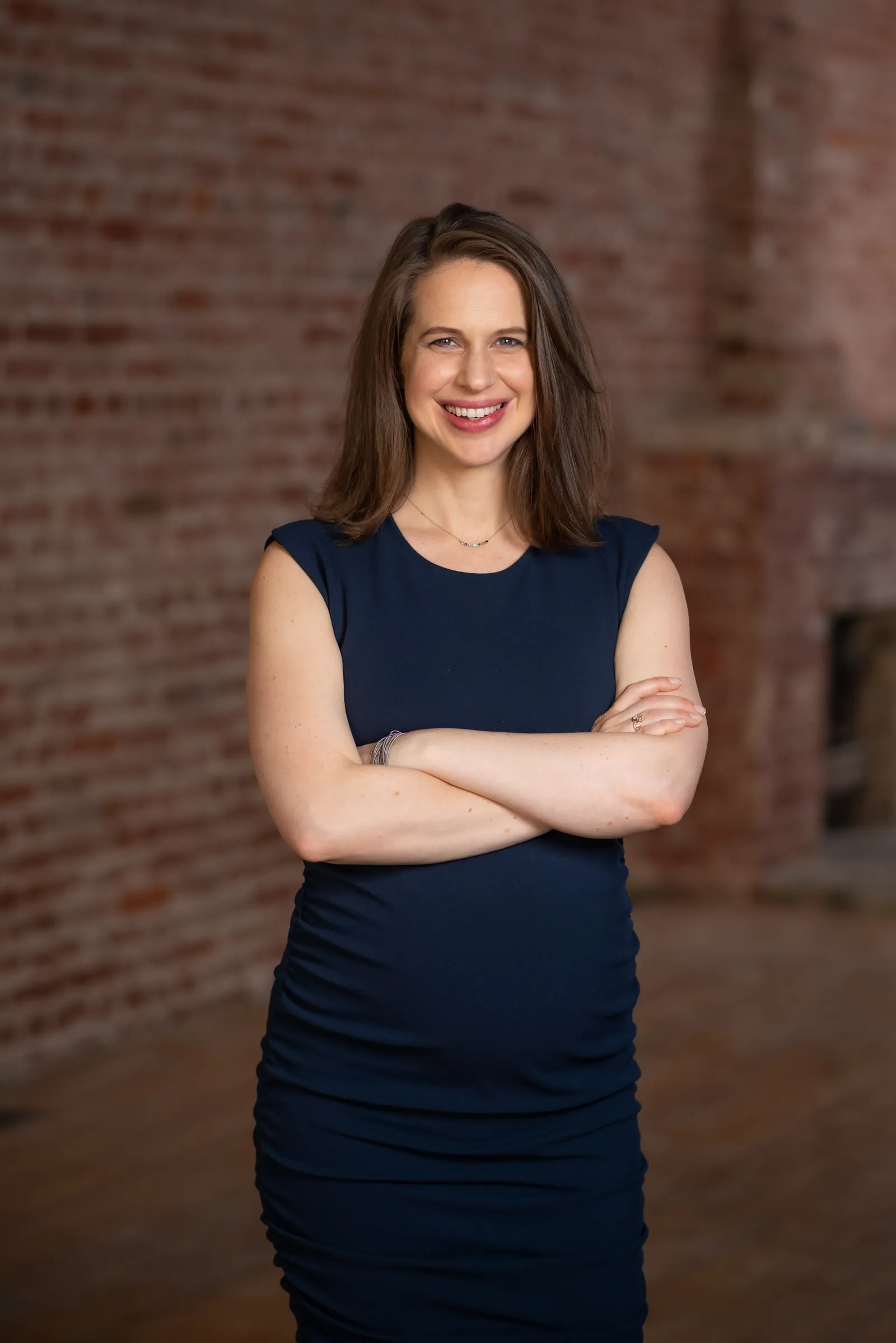Within the span of a few years, the menopause space has been transformed from a quiet sector of healthcare into a loud and bustling target of research and investment dollars. From flashy startups to emerging treatments, it’s suddenly become hot to talk about hot flashes.
“Nobody wanted to talk about menopause three years ago and now you’re hearing a lot more about it,” said Alicia Jackson, founder and CEO of Evernow, a telehealth company that offers support to women in menopause.
The attention is long overdue.
In the U.S., more than 1 million women experience menopause each year, according to the National Institute on Aging. And 84% of women surveyed by AARP said that menopause symptoms interfere with their lives.

Yet, a woeful 20% of OB-GYN residency programs offer menopause training, AARP found, which has created a treatment and services gap so vast that the market to fill it could reach $600 billion, a venture capital firm called Female Founders Fund estimated in 2020.
Among the companies that have blossomed in the menopause space, Evernow has grabbed headlines thanks to its star-studded cast of financial backers. Earlier this year, the actresses Gwyneth Paltrow, Drew Barrymore and Cameron Diaz all signed on as investors in Evernow, which garnered $28.5 million in series A fundraising.
And although Evernow is among several startups — including Alloy Women’s Health and Elektra Health — that provide telehealth and hormonal support to menopausal women, its mission runs deeper.
In fact, Jackson wasn’t drawn to the menopause space only because women were lacking adequate education and treatments for the array of symptoms it brings. And she wasn’t just interested in smashing the stigma around menopause. Instead, what caught Jackson’s attention was research she stumbled upon one evening showing that women who went through early menopause were potentially doomed to an earlier death.
“It’s a train wreck for women’s bodies,” she said. “It can bring cardio issues, osteoporosis, metabolic problems, cognitive issues … and we think it’s a trigger for Alzheimer’s disease.”
“My head was exploding,” Jackson continued. “I’m living in Silicon Valley where people are obsessed with longevity and here is this really clear factor for that — but nobody was talking about it.”
At that point, it was “game over” — Jackson had found a calling to treat menopause to help women live “longer, healthier lives.”
From senators to startups
For Jackson, finding the right career path meant first realizing that she was on the wrong one. While pursuing a Ph.D. in nanotechnology at MIT, she noticed the long hours her adviser was clocking in the lab.
“I started thinking that I didn’t feel the same way he felt about being here all the time and maybe this path was not for me,” she recalled. “But I thought: ‘Oh my god, I’m four years into my Ph.D. What am I going to do?’”
After a dinner conversation with the president of MIT, Jackson was steered in the direction of public policy. An introduction to then-Senator Joe Leiberman’s legislative director led to a fellowship on Capitol Hill and work geared toward clean energy policy. Importantly, Jackson said her time working on public initiatives taught her to think about issues on a national level and how to ignite change on a major scale.
“I would like to be a best-in-class healthcare company for women over 40.”

Alicia Jackson
CEO, Evernow
Years later, Jackson’s government connections also helped her land a role inside the Defense Advanced Research Projects Agency (DARPA). With its focus on investing in emerging tech for the military, the position gave Jackson a “front row seat” to a range of up-and-coming biotech innovations — such as CRISPR and mRNA — long before they were commonplace in the industry.
Eventually, her position also triggered a desire to be on the other side of the table, alongside bold entrepreneurs blazing new trails in healthcare.
“I wanted to be with a team with vision and people making something that has never existed in the world become real … but there was no startup culture in D.C.,” Jackson said.
Jackson officially leapt into the excitement of Silicon Valley as a co-founder of a diagnostics firm called Drawbridge Health. Then, through another venture aimed at fertility, she wound her way toward women’s health. Although Jackson originally intended to target the “huge opportunity” for innovation in the fertility space, her eye-opening realizations about menopause — one study associated early menopause with not just a likelihood of an earlier death, but also a twofold risk of developing Type 2 diabetes — flipped on the lightbulb to launch Evernow.
More than menopause
At first, Jackson envisioned that she’d help pioneer a “cool science” solution for menopause, which is defined by a precipitous drop in estrogen. Then a doctor set her straight, explaining that the problem isn’t a lack of treatments — many hormone therapies on the market are often effective — but rather that doctors and patients don’t know enough about these options.
In 2019, Evernow was born as a way to link women with menopause-certified specialists who assess their health and guide them toward therapies. For $49 a month, patients can now connect regularly with these experts and get prescriptions for care and educational materials.
Evernow is not currently interconnected with a larger healthcare system, but Jackson said she could see that type of partnership developing.
“It could be like how you get a referral to see a specialist, you get a referral to come to us and then we can share medical records with your regular doctor back and forth,” Jackson said.
Evernow is growing all the same. So far, Jackson said about 150,000 women have gone through an initial health assessment, and the company exceeded its 2022 goal of $6 million in annual recurring revenue. It’s also looking to potentially expand prescription offerings to include medications for various menopause symptoms.
With a solidifying foothold in the market, Jackson said the company is now reaching the point where it could consider partnering with pharma to develop new treatments. In particular, Jackson believes selective estrogen modulator receptors — that would bind with a type of estrogen to improve menopause symptoms without increasing the risk of cancer — could be a new frontier for menopause care.
“In our bodies, there are two types of estrogen receptors: alpha and beta. It’s believed that alpha leads to self-proliferation of cancer cells and if unchecked, can lead to an increase in certain types of cancer,” Jackson explained. “So if you can create a type of estrogen that only binds with beta, you can get a lot of the positive effects with few of the negative ones.”
Or, to make an even more dramatic impact, Jackson said she’d love to look at how to slow the aging of ovaries to delay menopause all together.
“Just because it’s natural doesn’t mean that it’s a biological imperative,” she said.
While the industry wises up to the fact that menopause could be “big business” for healthcare companies, Jackson said that Evernow is evolving as a “telehealth 2.0” company that goes beyond just dispensing prescriptions to collecting longitudinal data on patients, partnering with others in the industry, and leveraging its entire platform to “improve overall care” or women.
“I would like to be a best-in-class healthcare company for women over 40,” she said. “That‘s the big opportunity from my perspective.”




















